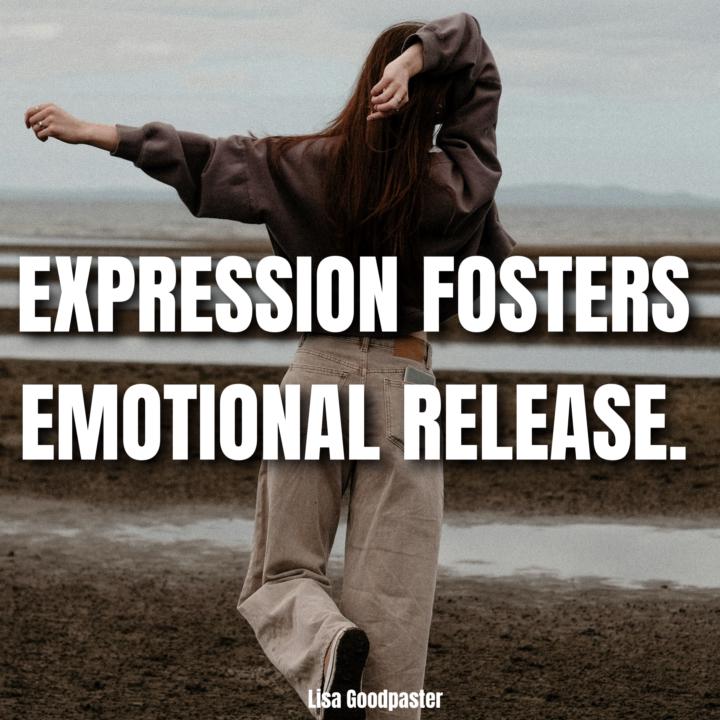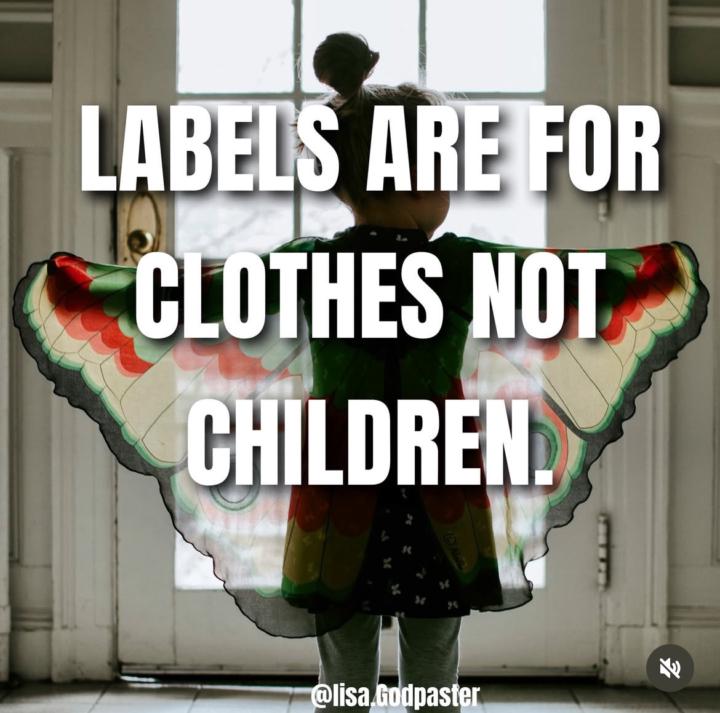Activity
Mon
Wed
Fri
Sun
Mar
Apr
May
Jun
Jul
Aug
Sep
Oct
Nov
Dec
Jan
Feb
What is this?
Less
More
Memberships
Alienated
26 members • Free
10 contributions to Alienated
The importance of Expression
Alienated teens to young adults often get mislabeled due to their loud reactions towards their targeted parents. Those loud reactions are also signs of emotional suppression. Those reactions are automatic and consciously or unconsciously influenced. Emotional Suppression: refers to the process of inhibiting or denying one’s emotions, often to avoid discomfort. Involves holding back or ignoring both positive and negative emotions. Examples of suppression when you are alienated child, teen or young adult: Childhood Conditioning: Early experiences can instill habits of emotional suppression. Believing that suppressing emotions prevents chaos. Emotional Outbursts Repressed emotions may explode unpredictably. Emotional Release Expressing emotions allows for the release of pent-up feelings, reducing stress and anxiety. This cathartic process can help individuals process their experiences and begin to heal. Expression allows individuals to reclaim their narrative, essential for healing and growth.
1
0

Welcome March
March is the pathway to spring. New seasons bring opportunities to break through false beliefs and understand the emotional trauma alienated kids to adults and even parents struggle to recognize. Our own patterns of behavior that inhibit our capacity for growth. Patterns are old energy we store in our bodies. Awareness is the first step to recognizing a pattern.
2
0

Got Patterns
Family court enforces alienation. It’s why forced therapy never works. What helped me accept I had been alienated Was Understanding my own patterns. Patterns: Our early experiences with our parents have a profound effect on our lives. We develop survival strategies as a result of our conditioning. Not only are we unable to recognize or acknowledge our parents faults and their abuse of us; we also imitate their moods and behaviors to be accepted by them. Negative patterns, though unconsciously motivated by a deep need for love, produce alienation and rejection.. The good news is every pattern doesn't have to be permanent. I'll be posting about patterns all week and the role they play in our lives. Please share the group with parents and anyone wanting to learn a new approach to understanding your alienated teens and adults and maybe yourself too. (:

Overcoming negativity
Being positive doesn’t mean ignoring the negative. Being positive means overcoming the negative. There is a big difference. -anonymous Positive thinking is personal growth and resilience in action. Positive thinking, when it’s rooted in reality, can bring lasting benefits. It involves recognizing your emotions while also finding a way to move forward. One of the biggest hurdles I had to travel was to let go of the negative beliefs that kept me hostage. what is something you’ve overcome?
2
0

Targeted parents get labeled too! .
Truth is I hated judging my parents. It was my own anger that masked the truth. Labels limit our capacity for growth. Many family court professionals depend on labels for their interest, not the child’s. Labels take on an “all-or-nothing” meaning. Someone either is something, or they’re not; Labels end up conveying something absolute. That’s difficult to navigate away from once it’s decided. When we believe we can’t change because of a label we’ve been ascribed or told we start to cement the assumption that we can’t do certain things. Life becomes much more stressful. Don’t let someone else’s labels distract you from your strengths and abilities. Shine your light 🫶 LG
4
0

1-10 of 10
@lisa-goodpaster-6120
Author & Trauma informed Alienation Expert ,Family Coach. Specializing in Repairing Parent and child relationships due to parental alienation.
Active 123d ago
Joined Jan 8, 2025
San Jose

